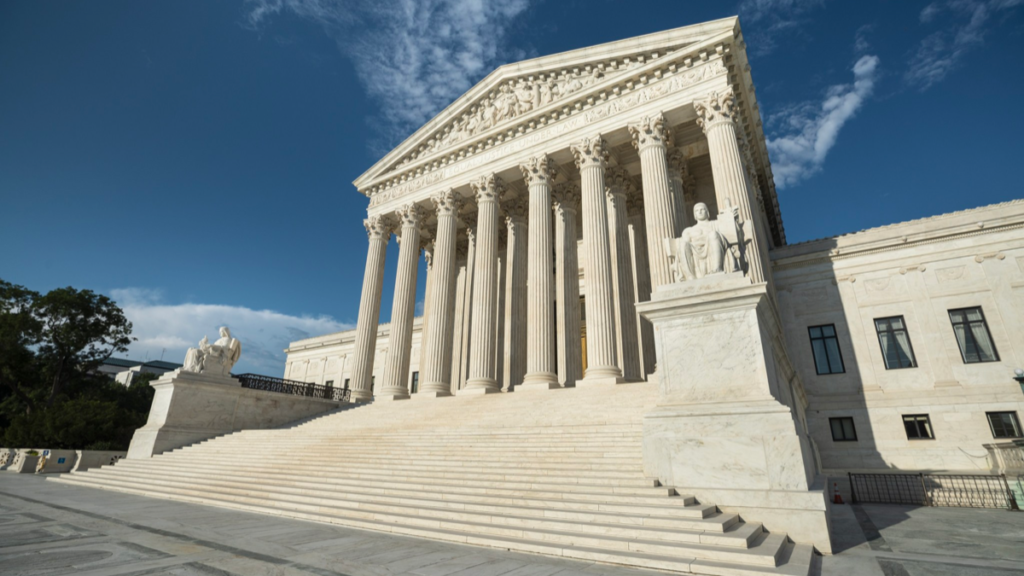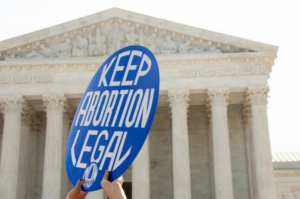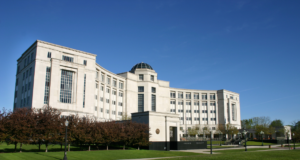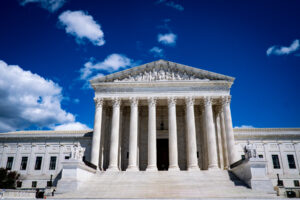Supreme Court hears arguments over state criminal jurisdiction on tribal lands
2 min read
Oklahoma challenged its lack of jurisdiction in criminal cases involving non-Indians on Native American lands before the U.S. Supreme Court on Wednesday.
The case is one of several related to the McGirt vs. Oklahoma decision handed down by the Supreme Court in 2020. In that case, the court ruled that states and local governments have no jurisdiction to prosecute crimes on tribal lands per agreements between the tribes and the federal government made years ago. The federal government has the sole prosecuting authority, according to the ruling.
The case presented to the Supreme Court Wednesday involved the conviction of Victor Manuel Castro-Huerta, a non-Indian convicted of child neglect involving his stepdaughter, who is a member of the Eastern Band of Cherokee Indians, according to court records.
A lower court overturned the conviction and said the state did not have jurisdiction because it happened on tribal land. Kannon Shanmugam, who argued the case for Oklahoma, said the situation presents unique challenges for the state in prosecuting crime.
“The law enforcement issue are very real,” Shanmugam said to the court. “As recently as earlier this week you had the principal FBI agent in Oklahoma conceding that there are whole categories of crimes, by our estimation thousand of crimes that are going unprosecuted because the federal government, which has sole jurisdiction over this category of cases simply has been unable to prosecute them.”
Edwin S. Kneedler, deputy solicitor general for the Department of Justice, said the prosecution of major crimes has not been dropped but are in the “que.” Congress is also proposing more funding for federal law enforcement and prosecutors, Kneedler said.
“The court should not rearrange this established jurisdiction or regime because of this moment in time in Oklahoma because it would unsettle jurisdictional arrangements throughout the country,” Kneedler said.
Gov. Kevin Stitt and Attorney General John O’Connor were in Washington for the argument.
“McGirt has ripped Oklahoma apart,” Stitt said in a Twitter post. “We need one set of rules and equal protection under the law.”
O’Connor said after the hearing a win for Oklahoma is a win for Native American crime victims.
“Right now, we have two sets of rules when Indians are victimized, those that apply when perpetrator is non-Indian and a different set of rules when the perpetrator is Indian,” O’Connor said. “On the ground in eastern Oklahoma, we have victims without justice and crimes without punishments. The federal government is leaving thousands of tribal victims of crime in eastern Oklahoma without justice.”
The Supreme Court is expected to issue its ruling in the summer. The hearing was the last one for Justice Stephen Breyer, who is retiring from the court.
This article was originally posted on Supreme Court hears arguments over state criminal jurisdiction on tribal lands







